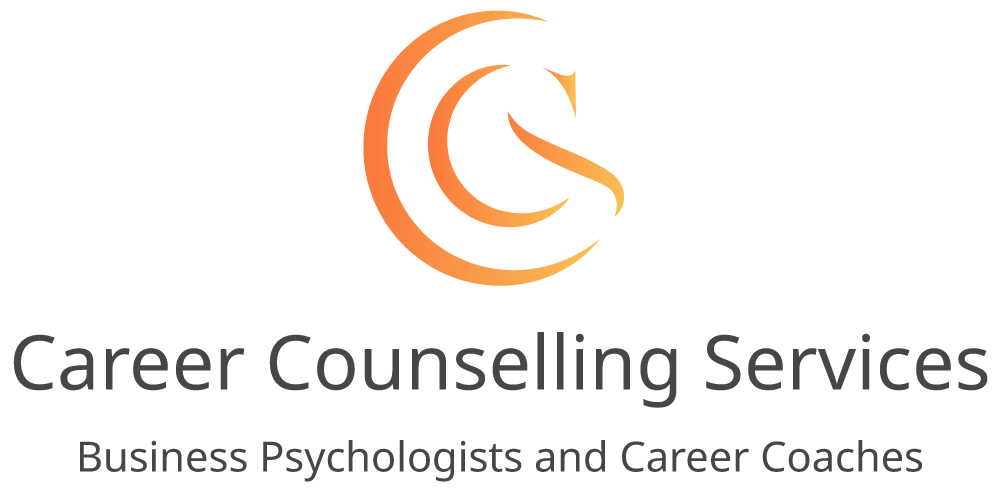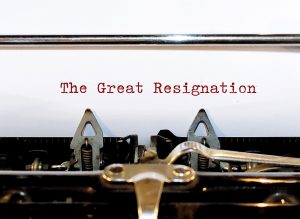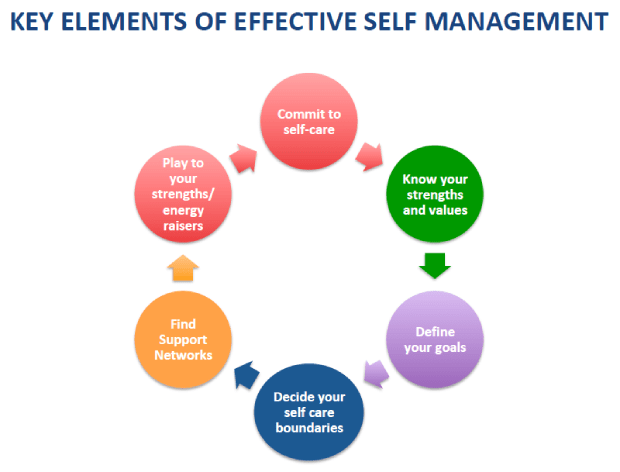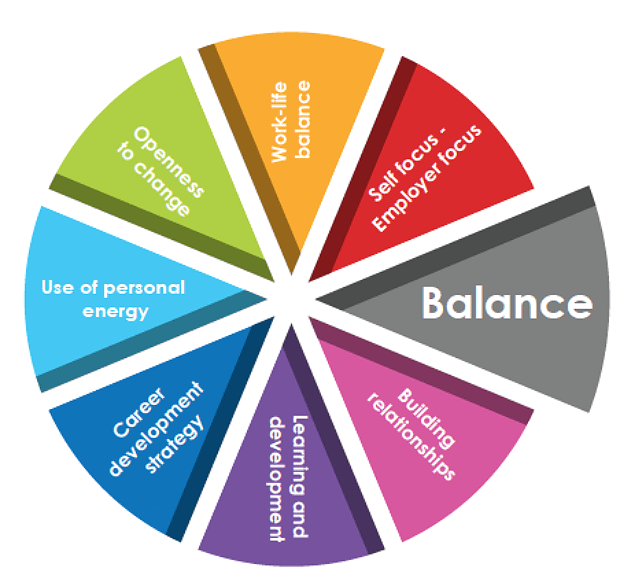
By Rachel Wright – Career Coach, Course Tutor and Client Relationship Manager at CCS
Can People Professionals add strategic value to the many challenges organisations face?
In today’s ever changing and uncertain environment, HR professionals have to navigate multiple challenges as well as opportunities. These are often vast and diverse and amongst many others include supporting employee well-being, adapting to new ways of working, changes in employee expectations, fostering inclusivity and the use of AI. From my previous HR background and through supporting the HR community I know that people professionals can indeed add strategic value with each of these challenges and are known for being enablers of change. So, what do these challenges and opportunities look like in the current climate and how can career development initiatives add value?
1) Wellbeing as a core work practice
Employee burnout continues to be a significant concern. Contributing factors often include feelings of being undervalued, mistreated or underappreciated. These feelings are often linked to a lack of career growth opportunities. A fundamental aspect of employee well-being is closely connected to a sense of purpose and motivation. It can add huge value if employees see that there is support in place for them to manage and progress their career in the right way for them. If employers don’t engage their employees in conversations about skills development, career progression, and potential growth prospects, this can lead to a dip in morale and the feeling of being stuck in a rut. A recent CIPD report* indicates that sickness absence levels have increased post-pandemic and that this connects back to health and well-being.

2) Adapting to new ways of working and upskilling managers
Everyone has had to adapt to new ways of working post pandemic and this continues to be an ongoing challenge for the HR community. A HR professional I was speaking with recently highlighted the importance of firstly getting the basics right. Ensuring that a fit for purpose environment is available meeting those basic needs of employees but also the need to provide a sense of community when individuals come into the office so that is an attractive option to them. Managers are having to further develop their skillset to support their teams now that hybrid and remote working has become commonplace.
HR professionals play a key role in providing managers with support, training, and effective tools to enable them to develop their soft skills, including emotional intelligence, active listening, empathy, and communication as these are crucial aspects of leadership. This is where training managers to develop their coaching skills can provide them with the tools, they need to have coaching conversations with their teams around growth and career advancement.

3) Employee expectations
The pandemic has contributed to driving forwards change in the expectations of employees. So many of us were prompted to reassess our priorities and what matters to us when the pandemic hit and we found ourselves working at home, on furlough or unemployed.
As the dynamics of work have transformed, so too have the expectations of employees. While competitive compensation, comprehensive benefits, and training opportunities remain essential, they are no longer sufficient on their own. The pandemic has prompted employees to reassess what work signifies to them, leading to a shift in priorities. Many employees including the HR community want career development, job mobility, opportunities to upskill and to build professional networks. Research indicates that what cuts across all generations at work is the desire to have meaningful work and relationships with colleagues as well as a clear sense of purpose.

4) Fostering inclusivity
It is widely recognised that organisations with inclusive cultures will be able to attract and retain their highest performers and create a climate for innovation which in turn is likely to impact on profit. The HR community is constantly exploring how to make work feel more welcoming and inclusive. Legislative change can help with this such as recent guidance issued by the EHRC (Equality and Human Rights Commission) to protect women with menopause symptoms. Fostering an inclusive culture where employees can bring their ‘whole self’ to work can provide an environment which enables them to thrive. We often see the positive effect that career supporters can have on individuals when they respond respectfully and holistically to an employee to enable that individual to realise their potential, strengths and aspirations.

5) The role of Artificial Intelligence
AI often conjures up a range of emotions from excitement around how it can drive efficiency, sometimes even amazement at its developing capabilities through to fear, anxiety and feelings of threat around whether it will replace us. Whatever the feelings, we are all going to need to get on board with embracing this change as it is here and will continue to grow. AI can support many of us with our work and it can improve productivity alongside raising challenges around ethics. As well as employees needing to gain knowledge and skills in how to utilise AI, they also need to develop and use those softer skills of emotional resilience and psychological preparedness to support them with navigating change and thriving in a world with AI.
How CCS can support with these challenges
Our approach is to work with organisations to develop sustainable career management programmes through training to support a business culture of self-managed career development and in-house career expertise.
Our clients find that key benefits and outcomes of working with us are:
- The development of internal champions for career coaching who can contribute to a culture of pro-active career management and conversations.
- HR teams, managers and employees know how to have effective Career Conversations within their organisation
- Managers know how to really listen without judging and to develop empathy and foster trusting relationships with their team.
- Through experiential learning, HR teams and managers are able to practically apply career coaching tools with the individuals they support.
- A cultural shift around embedding a more proactive attitude to self-managed careers can be achieved.
To find out more about our Employer Programmes please click here.
*People Management, CIPD report, Betterworks.com and CCS Alumni









 That’s the theory.
That’s the theory.

 In conclusion our HR professionals felt that there were a number of important take-aways from our session that could enhance their current and ongoing workplace experiences.
In conclusion our HR professionals felt that there were a number of important take-aways from our session that could enhance their current and ongoing workplace experiences.


